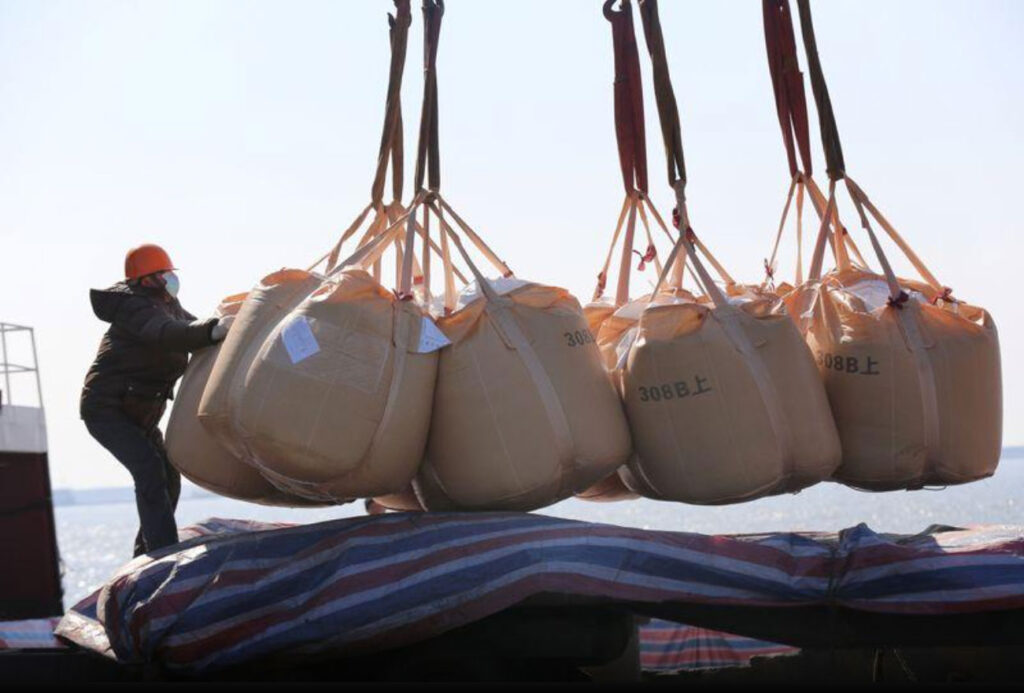Some of China’s major fertiliser companies said they would temporarily suspend exports to assure supplies in the domestic market, the state planner said on Friday, after prices in one of the world’s top grain producers hit record levels.
China is the world’s top exporter of phosphate, and shipped 3.2 million tonnes of diammonium phosphate fertiliser in the first half of this year to major buyers such as India and Pakistan as well as 2.4 million tonnes of urea, according to customs data.
The National Development and Reform Commission (NDRC) said in a statement it had summoned the fertilizer firms for a discussion against hoarding and speculation. It did not identify the companies.
But analysts said they expected state-owned firms such as Sinofert Holdings Ltd, Sinoagri Group, China National Offshore Oil Corp (CNOOC) and China National Coal Group to be among those curbing exports.
None of the companies immediately responded to a request for comment on the matter.
The move is the latest by Beijing to tackle soaring prices of major raw materials.
Fertiliser prices in China have hit records this year amid stronger demand from overseas, lower production domestically and high energy costs.
Flooding around China’s central Henan province has also hit production at some plants, said Gavin Ju, principal analyst for fertilizers at CRU Group.
Urea futures prices on China’s Zhengzhou Commodity Exchange have surged by over a third since the start of the year. They hit record highs of 2,616 yuan ($405.19) per tonne on Thursday before easing 2.7% on Friday.
Spot urea prices were at 2,814 yuan a tonne in early July, according to China’s National Bureau of Statistics, up from 2,674 yuan in June.
NDRC’s action follows comments from Premier Li Keqiang last month calling attention to high prices of key farm inputs, a potential threat to the country’s food security.
The NDRC said last month it was launching an investigation into the urea market.
It urged key fertiliser companies on Friday to “operate in an orderly manner… and not hoard, drive up prices, or fabricate or spread information about price increases”.
Companies had agreed to “temporarily not arrange fertiliser exports to ensure the supply of fertiliser in the domestic market”, it added.
Ju said fertiliser exports would only shrink from September onwards after port stocks have cleared.
“We do expect (the SOEs)… to suspend or curb fertilizer exports and focus on domestic supply as priority in the next few months, which will help to curb domestic fertilizer price increase in near future,” said Ju.
NDRC did not say how long the export suspension would last.
($1 = 6.4563 Chinese yuan renminbi)

